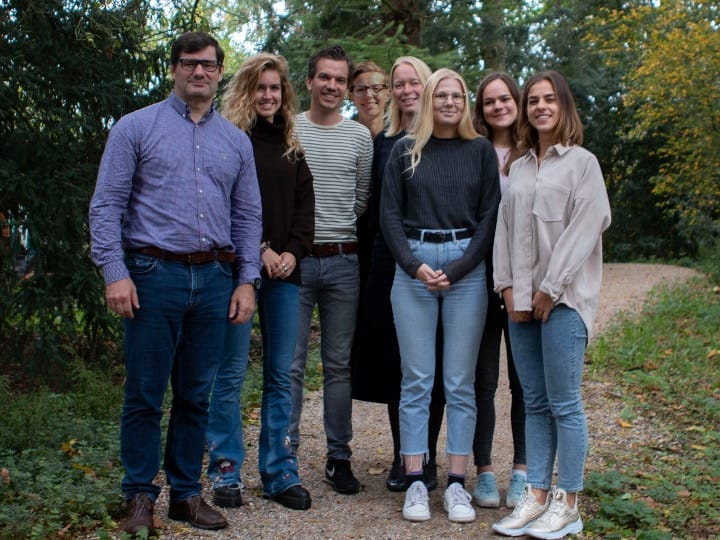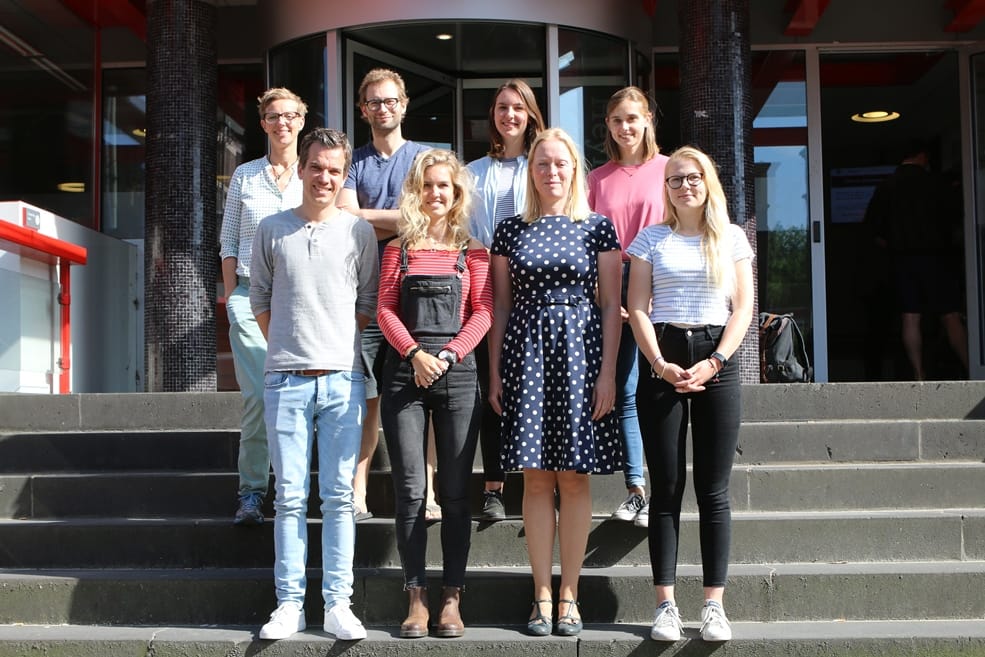The “tip of the tongue” phenomenon is something we have all likely experienced at some point, but what causes this familiar but frustrating failure of recall? I discuss likely causes of the phenomenon and computer models of human memory.
Early traumatic experiences have an impact on later outcomes and adult life, the very thing is, the long-term consequences not always must be only negative. In this post, Solomiia explains the relevance of childhood adverse experiences, the role of Resilience on later outcomes, as well as a general overview of the study currently conducted by the group led by Dr. Bertus Jeronimus in this topic.
Did you ever consider that innovation is a lot like romance? In this contribution, Iustina Armasu sheds some light on the journey of the creative idea – a guide to help you find “the one”!
When the university suddenly had to close its doors due to the COVID-19 pandemic, teachers managed to move their teaching online overnight, so students could continue their education. However, education now requires not only an online form but also new ideas to promote feelings of belonging and connectedness at the University.
This is one of two blogposts addressing the question how to engage students. Based on students’ feedback, the Education Committee has collected good examples of teaching, which could serve as an inspiration for teachers. This part is focused on implementing a flipped classroom in smaller classes.
A few years ago, Marthe (UG psychology student) found out that her dad had Alzheimer’s Disease (AD). Not only was she and her family struck by the devastating symptoms of the disease, also were they confronted with the consequences of stigma. She writes about her experiences and importantly gives some suggestions how to prevent stigma around this disease.
Interpersonal styles are the driving factor behind our social interactions, therefore studying them contributes greatly to our understanding of ourselves and others.
In the literature research for my master thesis (which was about possible transfer effects of playing chess on brain functions) I discovered that the disciplines of psychology and the game of chess had formed an unusual alliance at the turn of the 20th century. I will make a brief excursion into the history of chess research and will uncover the astonishing linkage between chess and psychology.
When you hear about students doing a Research Master in the University Medical Center Groningen (UMCG) after a Bachelor in Psychology, you probably would infer that these students totally changed their sides. But research at the hospital is not purely medical. Studying the psychological aspects of certain diseases is surprisingly commonplace and the expertise and […]
Microdosing has become a rather popular trend. However, it is not yet backed up by conclusive research. Using the example of microdosing, this blogpost shows how presumably sound scientific research can be utilized in online forums to support virtually anything. Thus, while scientists cannot draw conclusions yet, the public does.










